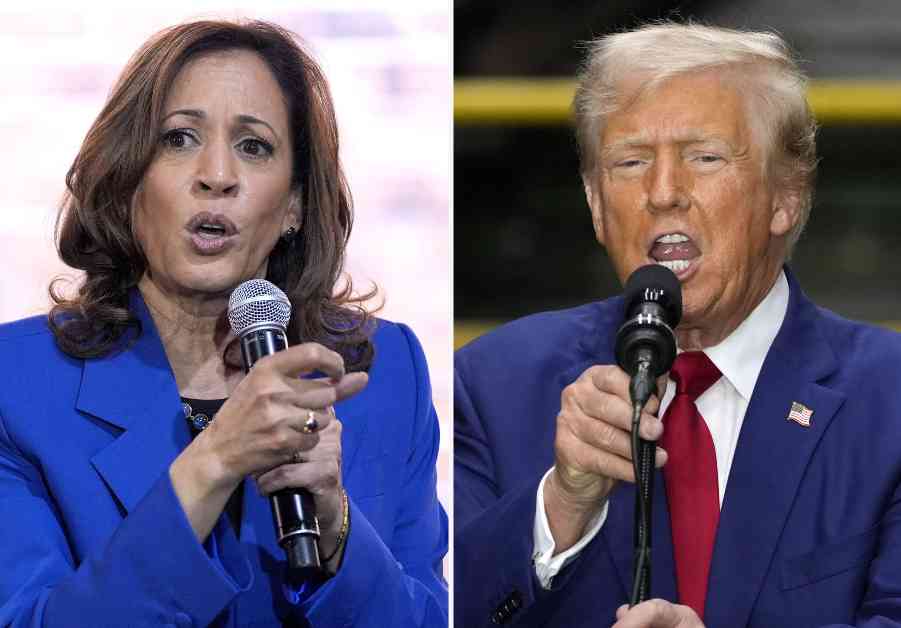Vice President Harris and President Trump are both focusing on offering benefits to specific groups of voters rather than addressing the growing national debt, according to a recent report in the Wall Street Journal. Harris is aiming to attract young voters by proposing to provide $25,000 for first-time homebuyers and restoring part of the child tax credit. On the other hand, Trump is targeting states like Pennsylvania, Michigan, and Wisconsin by suggesting tax cuts for domestic manufacturing firms and overtime pay.
However, experts and economists from both sides are skeptical about these proposals. They argue that offering cash incentives may have unintended consequences such as increasing home prices or adding to the federal budget deficit. These policies seem to lack serious public policy arguments and are driven more by political desperation than sound economic principles.
In contrast to the current proposals, historical data shows that the US already has a progressive tax system and income supplements for lower-income households. Despite the belief that redistributionist policies may attract certain voter groups, the reality is that the political landscape has evolved beyond these traditional approaches.
The recent expansion of the child tax credit under the Biden-Harris administration did not lead to significant public outcry when it expired. This suggests that voters may not be as demanding of major economic policy changes as politicians assume. Despite the vocal discontent with parties and politicians, there is a lack of significant pressure for substantial economic reforms.
Looking back at past presidential elections, both Democrats and Republicans have had opportunities to implement significant economic policy changes during their respective trifectas in government. However, these changes have often been short-lived, indicating a lack of sustained support for drastic policy shifts among voters.
In conclusion, the current campaign promises from Harris and Trump may lack the depth and seriousness of economic policies implemented by previous administrations. It remains to be seen whether these proposals resonate with voters or if there is a shift towards more substantial and sustainable economic reforms in the future.


